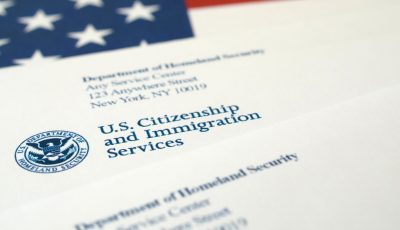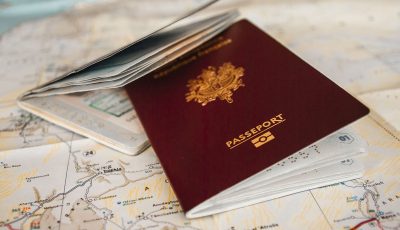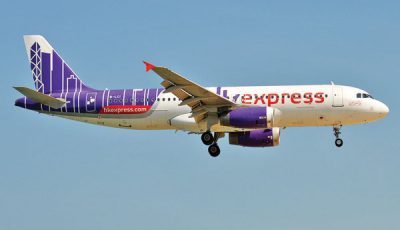NEW REGS FOR CHINA-ONLY CNMI PAROLE
14 days for Chinese tourists
In an obvious move to curb birth tourism and overstaying in the CNMI, the U.S. Department of Homeland Security, through the U.S. Customs and Border Protection, has pared down to just 14 days the period Chinese tourists can visit the Commonwealth under parole authority.
Effective tomorrow, Oct. 3, 2019, the CBP, through a statement citing a previously published Federal Register Notice effectively omitting the Russian Federation from being eligible for the CNMI-only parole authority, announced that there would be new requirements imposed on both airline carriers and Chinese tourists before they can enter the CNMI.
Chinese tourists are only allowed to enter the CNMI through the parole program for a maximum 14-day stay in the CNMI instead of the previously allotted 45 days; should be in possession of a roundtrip ticket that is non-refundable, non-transferable, and not without a departure date exceeding the allotted 14-day stay; have not been previously removed, barred, or banned from entering the United States, to include the CNMI; have not been unlawfully present in the United States, to include the CNMI; have not been previously denied a U.S. B1/B2, business, or tourist visa, further clarifying that the People’s Republic of China nationals previously denied a visa do not qualify for the parole program; be in possession of a completed and signed Guam-CNMI Visa Waiver Information form, also known as a CBP Form I-736; and be in possession of a valid unexpired ICAO-compliant, machine-readable passport.
Recommendations heeded
In October last year, Gov. Ralph DLG Torres requested the initiation of 902 Consultation with the U.S. government regarding the Commonwealth’s continued access to visitors under DHS’ discretionary parole program.
Last May 15, Torres and U.S. Special Representative Douglas W. Domenech provided President Donald J. Trump with the report of the 902 Consultations.
Torres and Domenech made four recommendations, among them to modify the discretionary parole program to reduce the maximum period of parole from 45 days to 14 and electronic screening and vetting prior to arrival at the port of entry.
HK, Macau not part of parole program
Further narrowing the qualifications of Chinese tourists, the CBP also noted that only citizens specific to the People’s Republic of China are eligible for the parole program. Citizens of China’s Special Administrative Regions Hong Kong and Macau are ineligible to enter the CNMI through the parole program, meaning they have to first secure U.S. visas to enter.
According to the CBP regulations carriers could only bring signatories to the Guam-CNMI Visa Waiver Program to the CNMI. The carriers must also ensure that the travelers meet the eligibility requirements for the CNMI-only parole.
“Effective October 03, 2019, as published in the Federal Register Notice (FRN) 2019-18841, nationals from the Russian Federation will no longer be eligible under the discretionary parole policy in order to travel visa free to Guam or the CNMI. Russian Federation nationals will be required to have the appropriate visa to travel to Guam or the CNMI,” the CBP announcement noted.
Russian nationals who had already been paroled into Guam or the CNMI will maintain parole until the expiration of that parole period.
Federal Register Notice 2019-18841 noted that the parole authority for Russian nationals had been “exercised far too expansively than originally intended.” It noted that the parole authority accounted for about 99% of all Russian visitors in 2012 and 85% of all Russian visitors in 2017. In the CNMI, the parole authority accounted for about 90% of all Russian visitors in 2010 and 82% of all Russian visitors in 2017.
It further noted overstaying increases in Guam of over four times.
“Since the 2012 expansion of the discretionary parole authority for Russian nationals seeking entry into Guam, overstays increased from 26 in [fiscal year] 2012 to 147 in [fiscal year] 2017, or by 46%. While this represents a relatively small percentage of overall Russian visitors in the CNMI and Guam, the increase in overstays is in and of itself a security concern for DHS,” it noted.
DHS further noted that the discretionary parole authority functioned more as a “substitute for the visa process” for Russian nationals.
Under the discretionary parole authority, Russian nations may enter Guam and the CNMI—including travel between the two territories—for a period of up to 45 days if they are in compliance with some requirements such as an unexpired, machine-readable passport; a valid form I-94; among other requirements.
For additional information on CBP Entry Requirements, please contact the Port of entry at 670-288-0028.



























